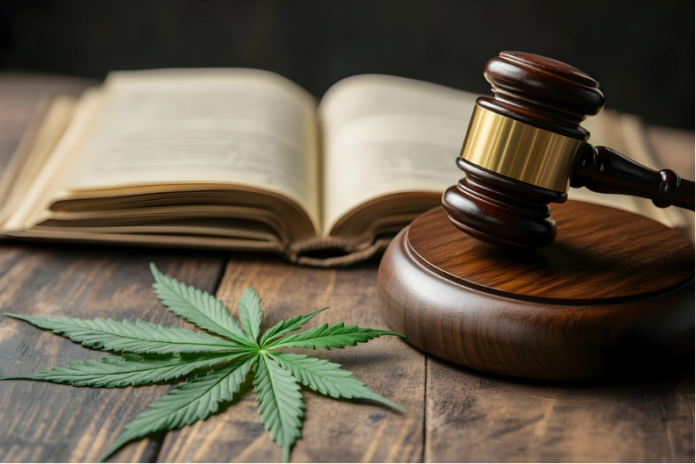With more than three-dozen states having given the green light to medical cannabis, no one should be surprised by the myriad regulations governing how medical cannabis is produced, sold, and recommended. State laws are all over the place on this one. But in one particular state, a tightly regulated program keeps getting better by the year.
That state is Utah, a state many thought would be one of the last dominos to fall. But the Beehive State surprised everyone by joining the ranks of the medical cannabis community with the passage of Proposition 2 in 2018. Lawmakers subsequently went to work crafting a program that satisfied the language of the proposition but still maintained a tightly controlled environment.
Today, Utah’s program is an example of how medical cannabis can be provided in a state without giving way to a recreational market or allowing the black market to dictate terms and conditions. Utah’s program is not perfect, but it is probably the best one in the nation.
Licensing Applies to Everything
One of the first things to note about Utah’s medical cannabis space is that everything is subject to licensing. Growers, processors, and retail pharmacies must all be licensed. For example, there are fifteen licensed pharmacies throughout the state. Recent legislation calls for adding two more licenses.
The operators of Beehive Farmacy in Salt Lake City explain that licensing pharmacies is a way for the state to keep a lid on volume. By limiting the number of available licenses, the state avoids a retail free-for-all. That helps pharmacies by maintaining competitiveness.
Testing Standards Are Stringent
Utah lawmakers and regulators have also put together a rather rigorous testing system to maintain purity, quality, and accurate labelling. But the state goes one step further than most others: they are actively engaged in the testing process. According to a report from NPR, Utah’s state lab is part of the testing process.
This matters because other states are seeing problems with mislabeling, overstating the amount of THC in a product, and other problems. Testing is mandated but not confirmed by state officials. Without direct state involvement, there is little to force labs to maintain accuracy in reports and on labels.
One of the benefits of Utah’s rigorous testing and labeling requirements is that patients know exactly what they are getting when they purchase medical cannabis products. They can trust the labels. They can trust processor and grower claims. Everything is tested and verified accordingly.
Still Room for Improvement
Of course, Utah’s program is not perfect. One of its big challenges is providing access to both medical providers and medical cannabis itself in rural areas. Utah is a largely rural state. Unfortunately, most medical providers and pharmacies are located in major urban centers.
According to the NPR report, patient education is another area ripe for improvement. There is still plenty of stigma and misinformation relating to medical cannabis in the minds of consumers. Proper education can answer a lot of questions that currently only create confusion.
The one challenge regulators cannot do anything about is the inability of doctors to write actual medical cannabis prescriptions. Prescriptions are the ultimate goal of many medical cannabis advocates. But they are not possible under current federal law. They will not be possible until Washington either reschedules or legalizes marijuana.
Despite ongoing challenges, Utah’s medical cannabis program is still one of the best in the country – if not the best. It sets the bar for other states wrestling with inefficient and inaccessible programs. Those other states should look at what Utah has done and replicate it.

